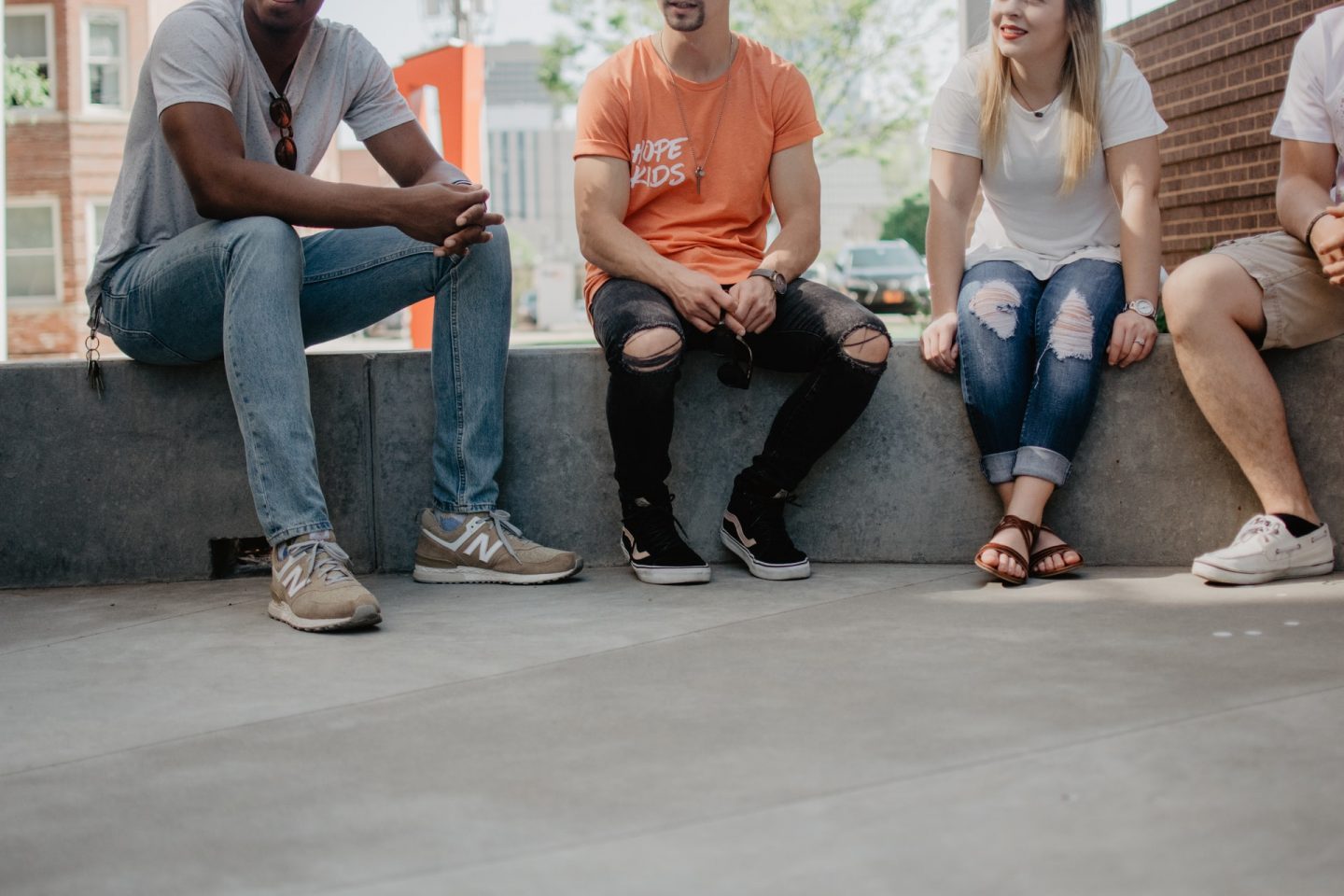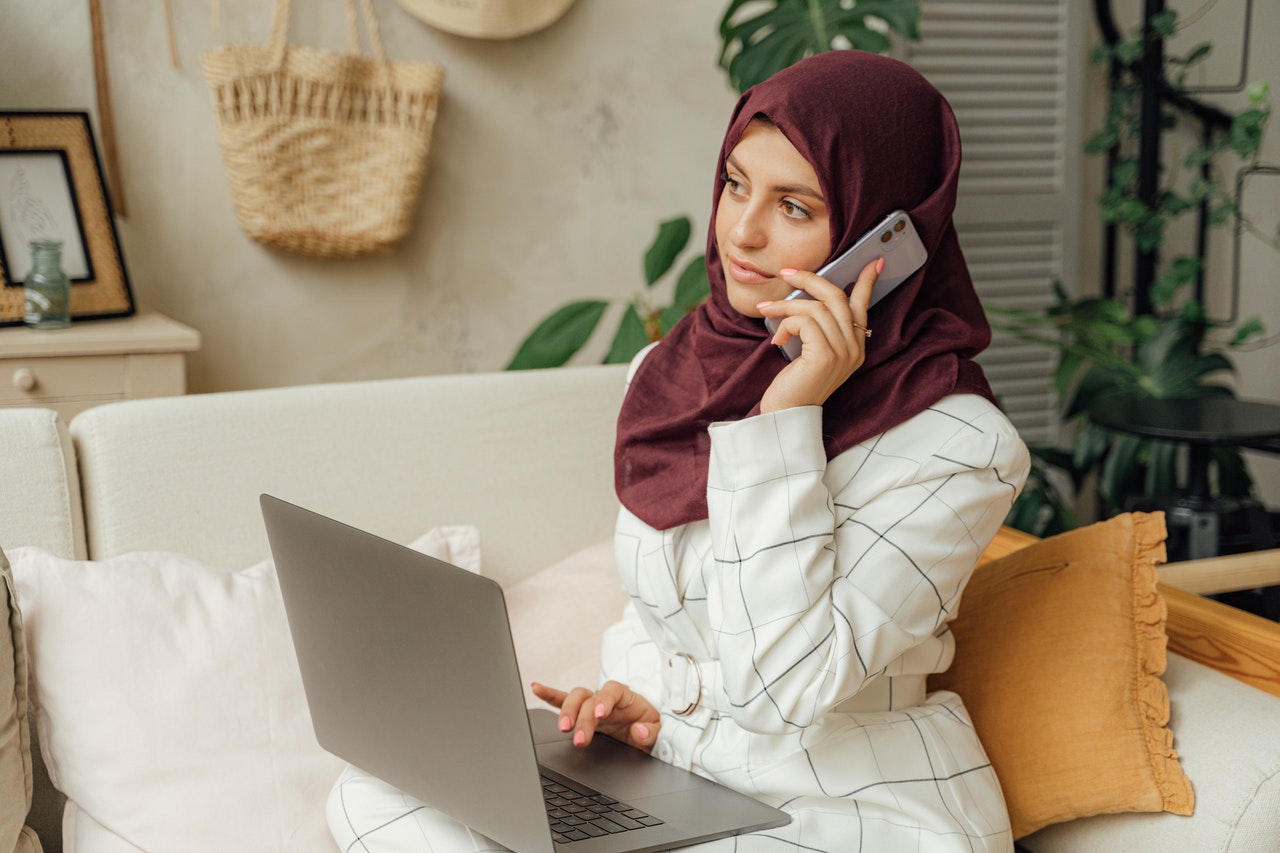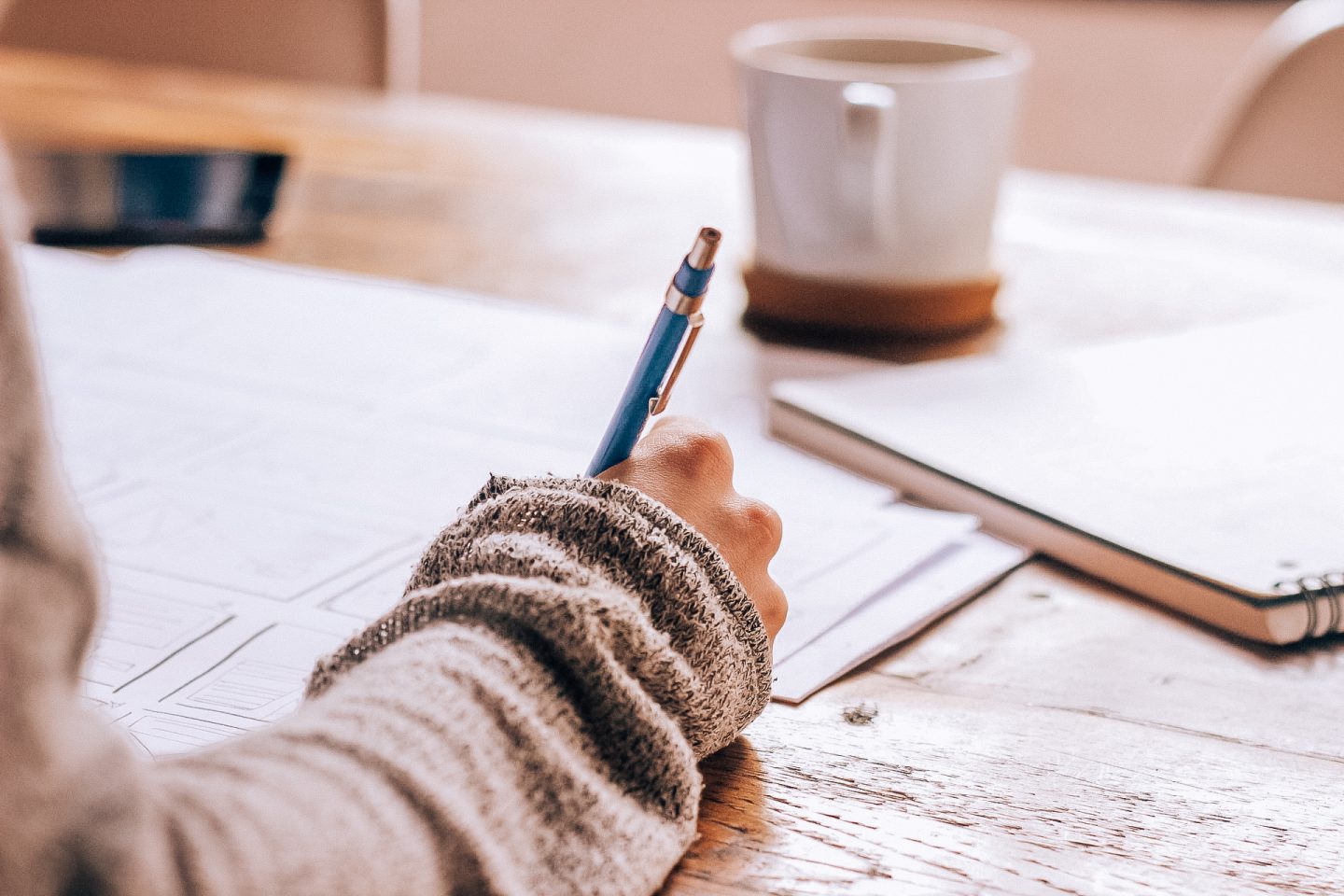![]() After over a year of extremely limited social interaction which most people have never experienced, it is completely normal to feel anxious about being around larger groups and communicating again as the nation leaves lockdown. Whether you’re going back to a working environment or enjoying a day out at a beer garden with your friends, social anxiety can come in a variety of levels and the key is to be aware of how you feel and prepare for the situations you are walking into.
After over a year of extremely limited social interaction which most people have never experienced, it is completely normal to feel anxious about being around larger groups and communicating again as the nation leaves lockdown. Whether you’re going back to a working environment or enjoying a day out at a beer garden with your friends, social anxiety can come in a variety of levels and the key is to be aware of how you feel and prepare for the situations you are walking into.
Social Anxiety
If you feel worried or nervous about socialising with the fear of being judged, struggling to hold conversations like you used to, or feeling a lack of confidence, you may be experiencing social anxiety.
Physical symptoms of social anxiety include nausea, blushing, excessive sweating, trembling or shaking, difficulty talking, light headedness and a rapid heart rate. These, along with the psychological fears and worries that come with it may cause people to avoid many social situations altogether.
You may only be experiencing slight social anxiety, or it could be extremely overwhelming, everyone’s experience is different. However, it is crucial to acknowledge how this is affecting you and take as much control over it as possible to avoid it becoming a more serious issue that it disrupts your everyday life.
If your symptoms are severe, there are medical treatments available that your doctor can provide, such as referral to a mental health provider, cognitive behavioural therapy, exposure therapy or group therapy.
If you believe your symptoms are manageable but you just require some guidance, have a look at some of our communication and confidence tips to help you feel more confident socialising after lockdown.

Communication & Confidence Tips
There are many small changes you can make to your daily life that can have a positive impact on your social skills and confidence, such as getting more sleep and avoiding caffeine. You could start by adapting how you communicate with people when you are alone; if you usually text everyone and find that you haven’t spoken aloud in a while, pick up the phone and give your friends and family a call instead.
This can seem like a big step for some people who have become accustomed to texting constantly but starting with your inner circle of people will help you feel more comfortable and will get you back into the swing of talking aloud regularly so that when it comes to larger social circles, it will not seem as daunting to speak up. And if you are not already, make sure to take some time to visit your friends and family in person regularly to expose yourself to regular social situations where you feel the most comfortable.

If you feel like talking about your anxieties will help and you trust the people you are with, explain how you feel to the people you visit. It is likely that many others are feeling the same way after being away from groups of people for so long, which you can find comfort in as others are dealing with the same issue you are. This can encourage you to discuss solutions and possibly help each other improve your social skills, by meeting up with them more regularly or calling them more often.
When you are in these social situations with your loved ones, practice communicating more confidently to help with your anxiety. Acknowledge your nerves and take some deep breaths, you can do this discreetly during conversation or take yourself away from the situation to focus on controlling your breathing before returning. Also, try to shift the focus from yourself to the person you are talking to by showing a genuine interest and focus on listening to what they are saying, you may be surprised at how quickly you are able to relax due to the shift in focus.
You can also try other simple things like changing your body language. Both when you’re alone and around people, practice standing or sitting upright with your shoulders back and your arms open, which can make you feel more confident as well as being more approachable in social situations. Try maintaining eye contact during a conversation, as this not only shows confidence but that you are genuinely interested in what the other person is saying.
The fear of being judged that comes with social anxiety is usually a result of a lack of self-confidence. This is something you have the ability to work on by yourself through things like journaling, which is a great option for getting all your worries down on paper and clearing your head. This will also help you control your emotions as you are acknowledging them and discussing them through writing, rather than allowing them to build up which can cause you to feel more irritable or anxious when it comes to being around others.
Journaling can also help you prepare for social situations you are anxious about. If you have planned to meet up with friends whom you have not seen in a while and if possible, things that trigger your anxiety are things like awkward silences or confrontations, write down some topics of conversation or how you would calmly like to handle confrontations. This gives you more control over your emotions and helps you get to know yourself better, which can make you feel less anxious overall.

You can also use this as an opportunity to set new boundaries with the people in your life to protect your own energy. It has been a long time since anyone has socialised in a large group for an extensive period of time, therefore it can be draining. Prepare for this by setting a boundary of giving yourself the next day to yourself to relax and recharge.
Other things like working on yourself in terms of your goals can also help improve your confidence. If you are consistently working out, eating healthy, getting outdoors in nature and reaching milestones in your career or even getting around to making time for a hobby that you enjoy, all of these things can help you feel more confident about yourself which can help when you are around others.
It is important to realise that you are most likely fearful of being judged on specific things that are already in your mind, which are your insecurities. If you can acknowledge what your insecurities are and learn to either accept and love them as part of who you are or develop this part of yourself whilst learning to love it, the thoughts of other people can no longer affect you as you are content with who you are.